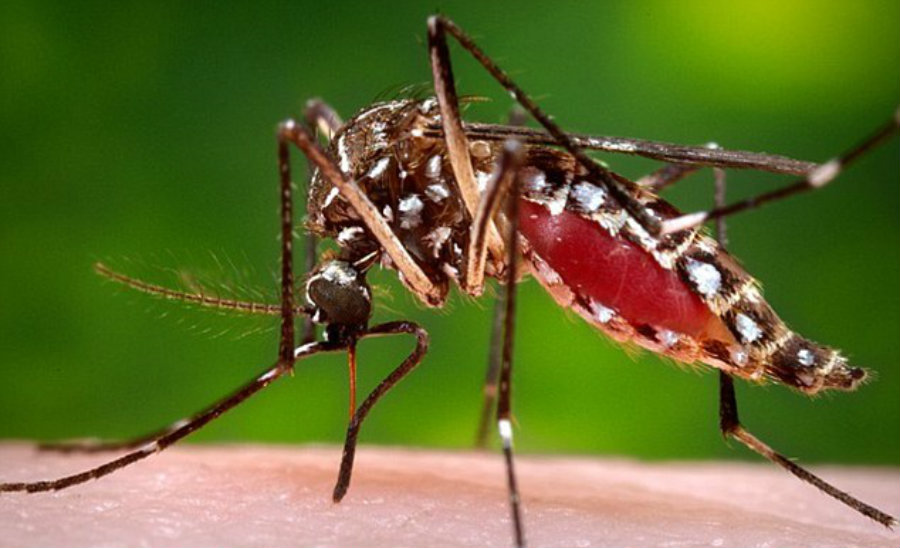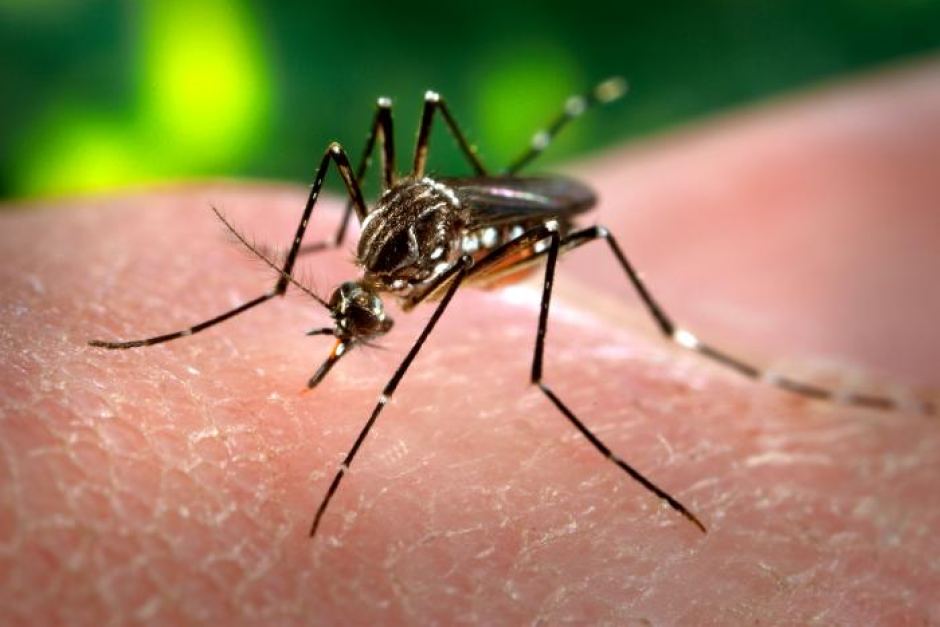Zika virus has finally reached American mosquitoes, since experts have found four cases believed to be transmitted by local insects. The Zika cases seen in the United States were, for the most part, limited to people who had travelled to Zika-polluted countries and got infected there, and few others got Zika transmitted sexually.
But now, in Florida, there are 4 cases that aren’t like the rest. These people didn’t travel to infected countries, or interacted with people who did.Experts believe it was transmitted by a local mosquito bite. In a effort to prevent further infections, teams of local doctors made door-to-door visits in homes across downtown Miami on Saturday.

On Friday, a similar event took place, with around 80 doctors and health officials going door-to-door to offer testing for the virus, giving Zika prevention kits (including mosquito nets) and asking questions across the affected counties of Miami-Dade and Broward.
Among them was Dr. Aileen Marty,a professor of infectious diseases at Florida International University, who noted the fact that Florida successfully jumped on the local outbreaks of Dengue and Chikungunya in the past, and is confident that the same will happen with Zika.
She also commented how it was necessary for everyone to “do the right thing so we can squish this immediately”.
While the Centers for Disease Control and Prevention haven’t issued warnings against travelling to the Miami area, or suggested for pregnant women to leave the area, they did warn of the prospect of Zika outbreaks along the coastal, southern US this summer.
A national problem
The two species of mosquitoes that are Zika vectors can be found, mostly in the southern states and the Eastern coast; unfortunately, researchers from the University of Notre Dame have found a population of the dreaded A. Aegypti in Washington D.C.
The most troubling thing is that the mosquitoes apparently have survived winter there for the past four years. That means they’re adapting to what should be a restrictive climate. Experts can only hope that these troubling events lead to higher funding for mosquito and mosquito-borne disease research.
1st mosquito-borne Zika case in US. #Zika: 10 things you need to know: https://t.co/ak23xp63Mo v/@unicefusa pic.twitter.com/0rdvsyAnQF
— Kent Page (@KentPage) July 31, 2016
Senate Democrats have asked the Congress to end its recess and approve the emergency funds necessary to help combat the spreading of the disease, a reaction prompted by the previously-mentioned new cases of Zika being spread by local mosquito bites, and funding for mosquito nets being delivered to homes with pregnant or suspected-to-be-pregnant women running low.
The Congress’ refusal to approve the funding has been criticized by various experts and politicians, such as Dr. Peter Hotez, Dean of the National School of Tropical Medicine, at Baylor University in Texas , who called the rejection an “outrageous” thing.
Senator Bill Nelson, condemned a particular incident, where a compromise bill for $1.1 billion was blocked by Senate Democrats after House Republicans added attachment unrelated to the situation, such as abortion restrictions; he referred to those additions as “poison pills”.
On Friday, Republican Senator Marco Rubio demanded funding from the Obama administration through popular social media platform Twitter.
A global issue
The Zika virus is not new; it was first isolated in the Zika Forest of Uganda in 1947. The virus then proceeded to slowly head West, and just last year managed to reach Brazil, where it began to spread to other 40 countries – most of them in South America. The two year-old epidemic has reached pandemic levels.
Zika spreads through mosquitoes, mostly the Aedes Aegypti (Yellow Fever Monsquito) and Aedes Albopictus (Asian Tiger Mosquito or Forest Mosquito) variants.

Unfortunately, they’re also very widespread across the world, being found in the tropical and subtropical regions.The A. Aegypti has a rather short flying range; and, even though the A. Albopictus has a higher range, it tends to bite humans less often.
Most people with Zika are asymptomatic hosts (an estimated 3 in 4, according to the Centers for Disease Control and Prevention); the others will display symptoms of the disease, such as rash, fever, headaches, body aches or pink eye, and the virus has been linked to serious neurological issues in adults, such as Guillain-Barre syndrome (which can cause paralysis).
The biggest worry about Zika is its effects on pregnant women – it damages the nervous system of the fetus, causing anything from visual and hearing impairment to microcephaly, where afflicted babies are born with heads smaller than normal and damaged brains. Unfortunately, the disease is still not very well understood.
The afflicted countries have done what they can in order to diminish the effect of the virus, raising awareness and suggesting measures such as delaying pregnancy.Other governments have issued warnings (especially to pregnant women) against travelling to these countries, in order to prevent further spreading.
FL Health officials: Mosquitoes infected 4 with Zika https://t.co/PShS8SvCzw pic.twitter.com/3mXzAMGXAq
— CNN (@CNN) July 29, 2016
The Zika virus still doesn’t have a cure, or a preventive vaccine. US scientists warned back in late January that the Zika virus had explosive pandemic potential, and that swift action from the World Health Organization was needed.
Source: The Guardian
